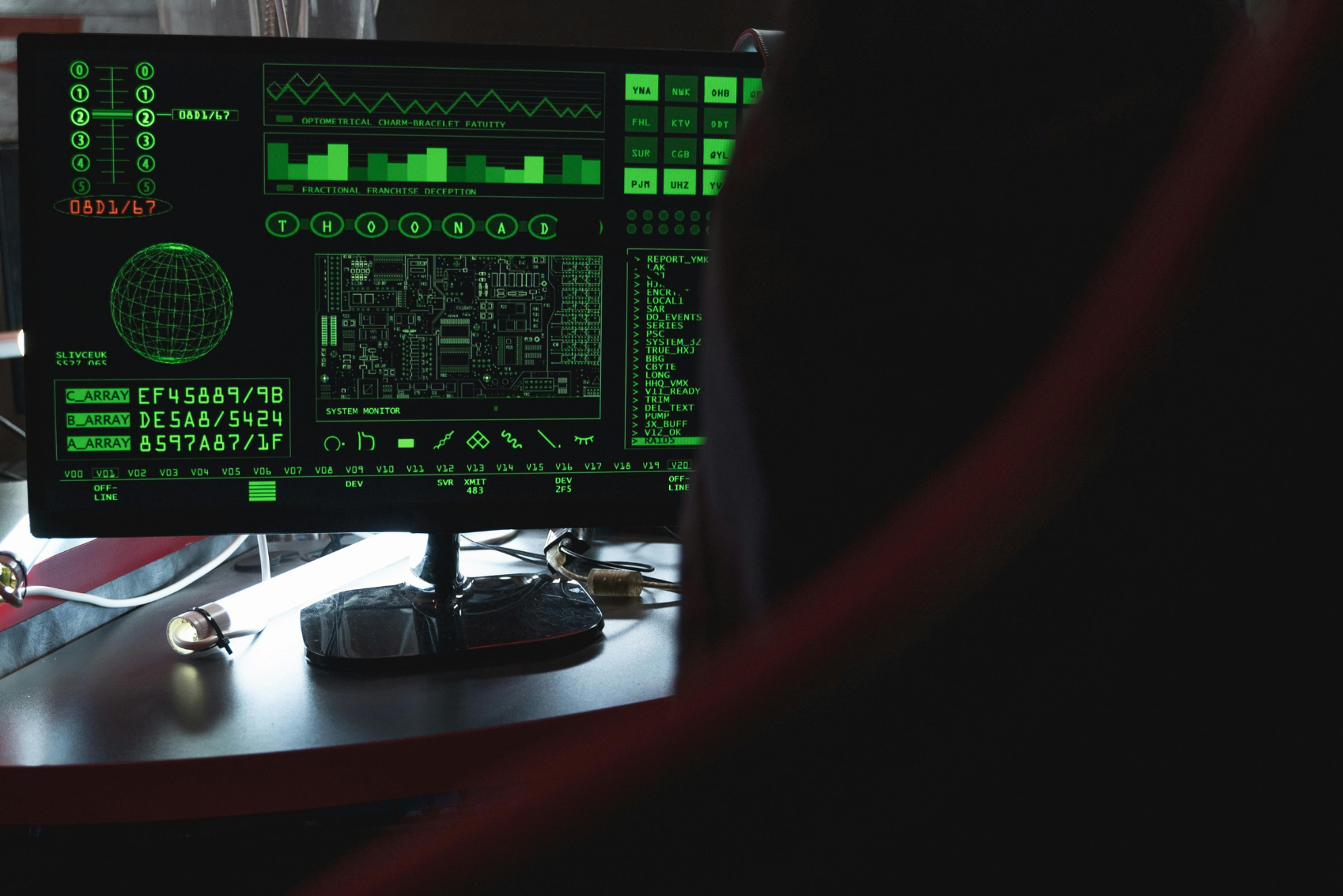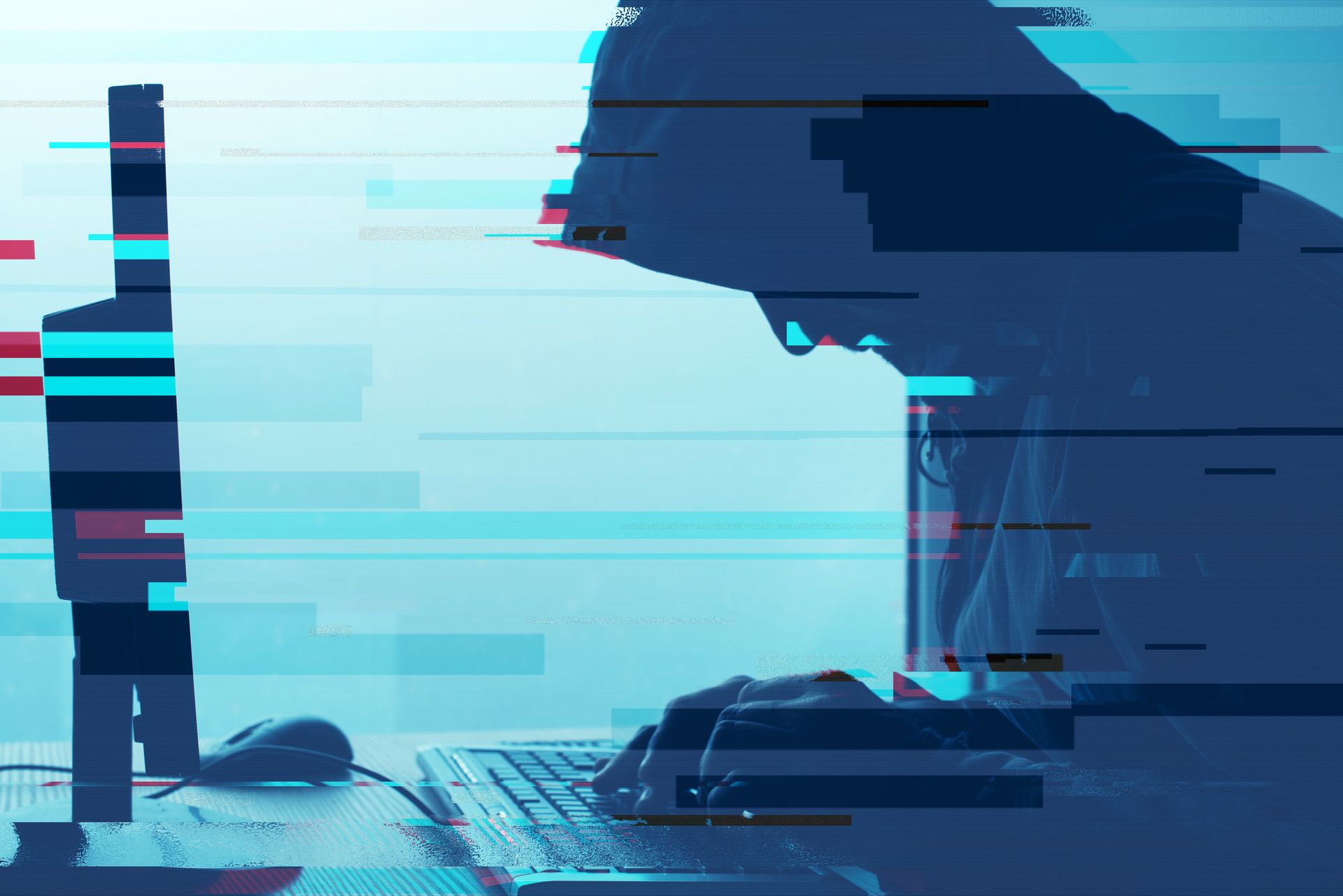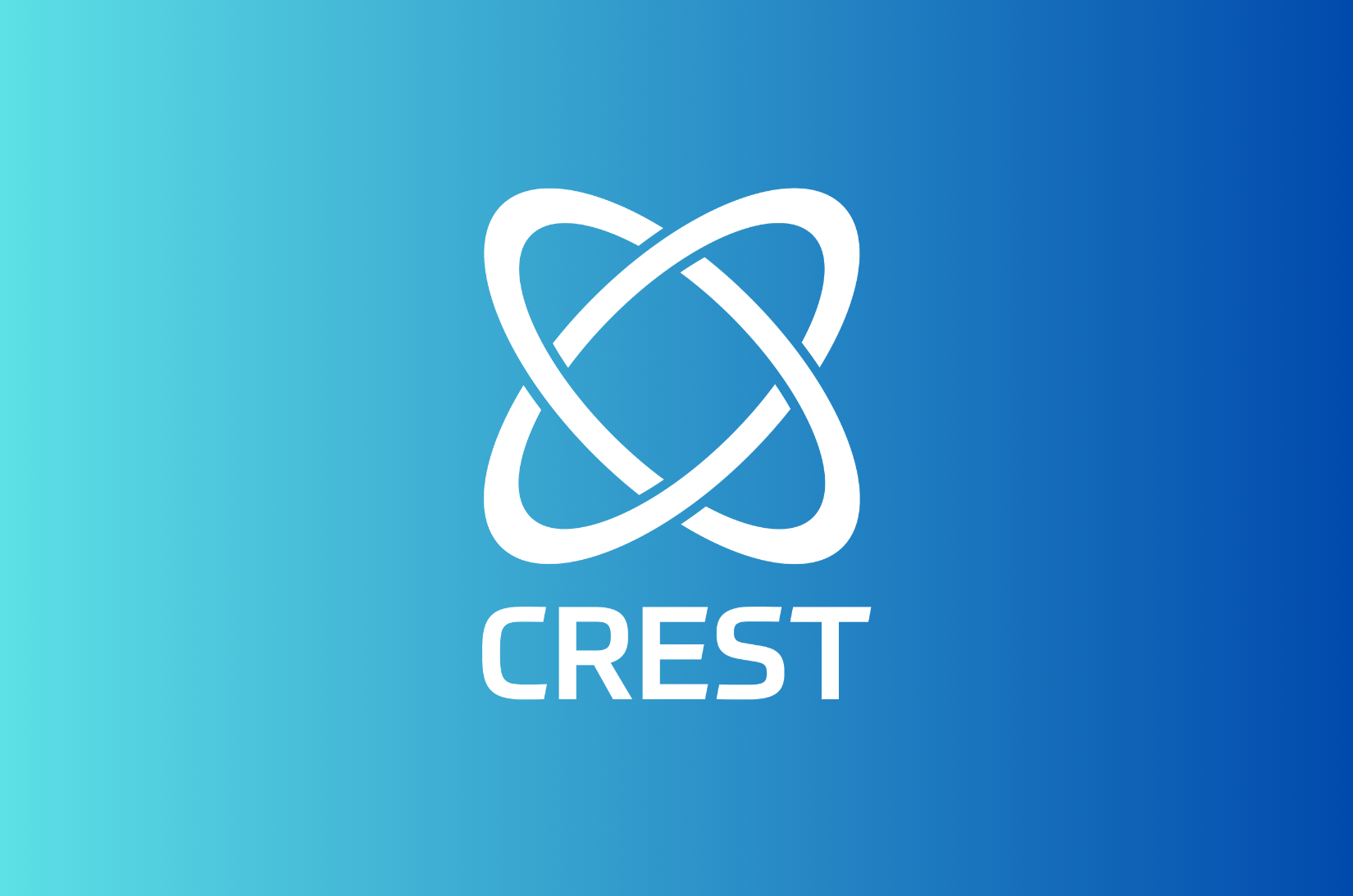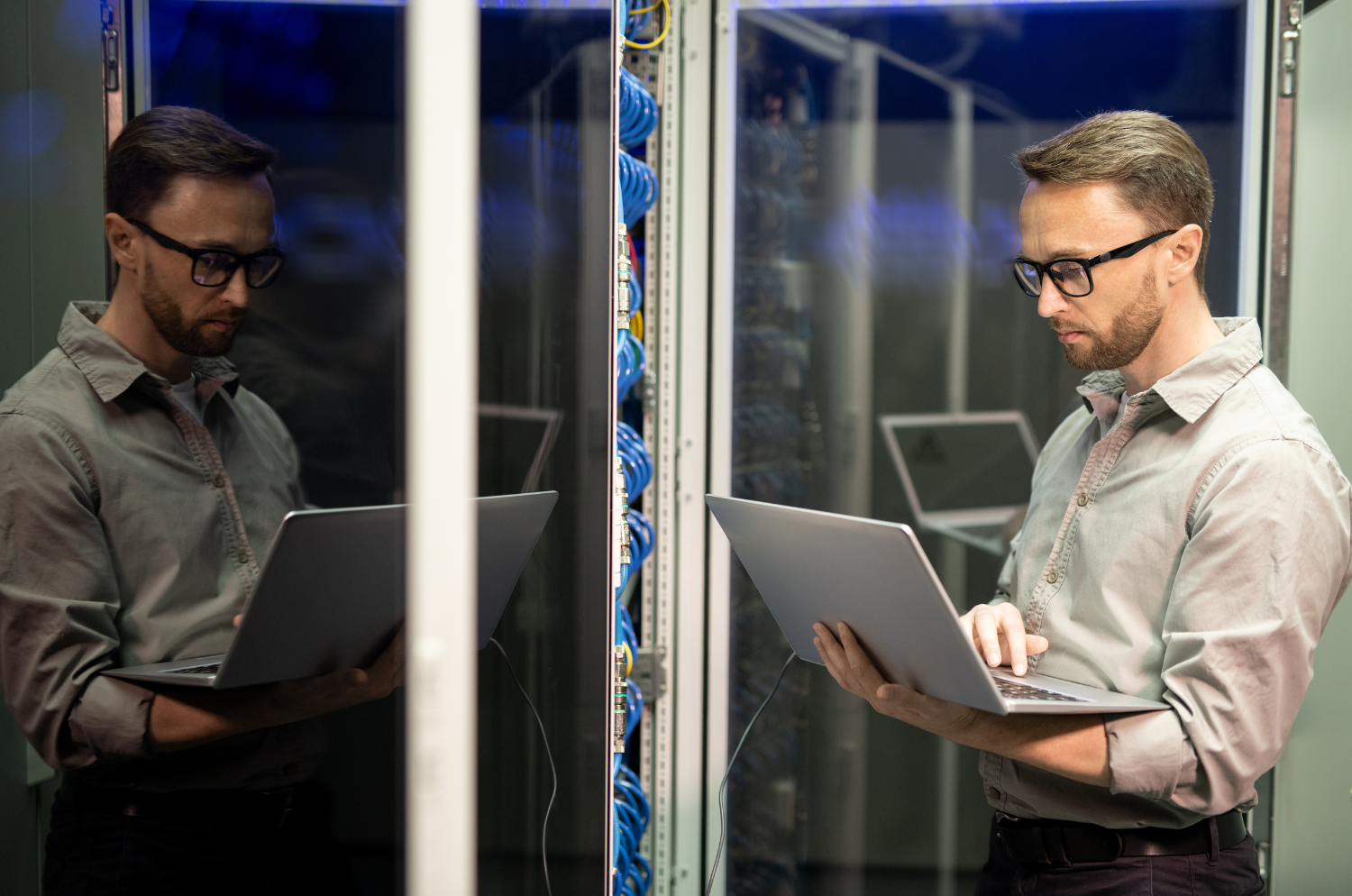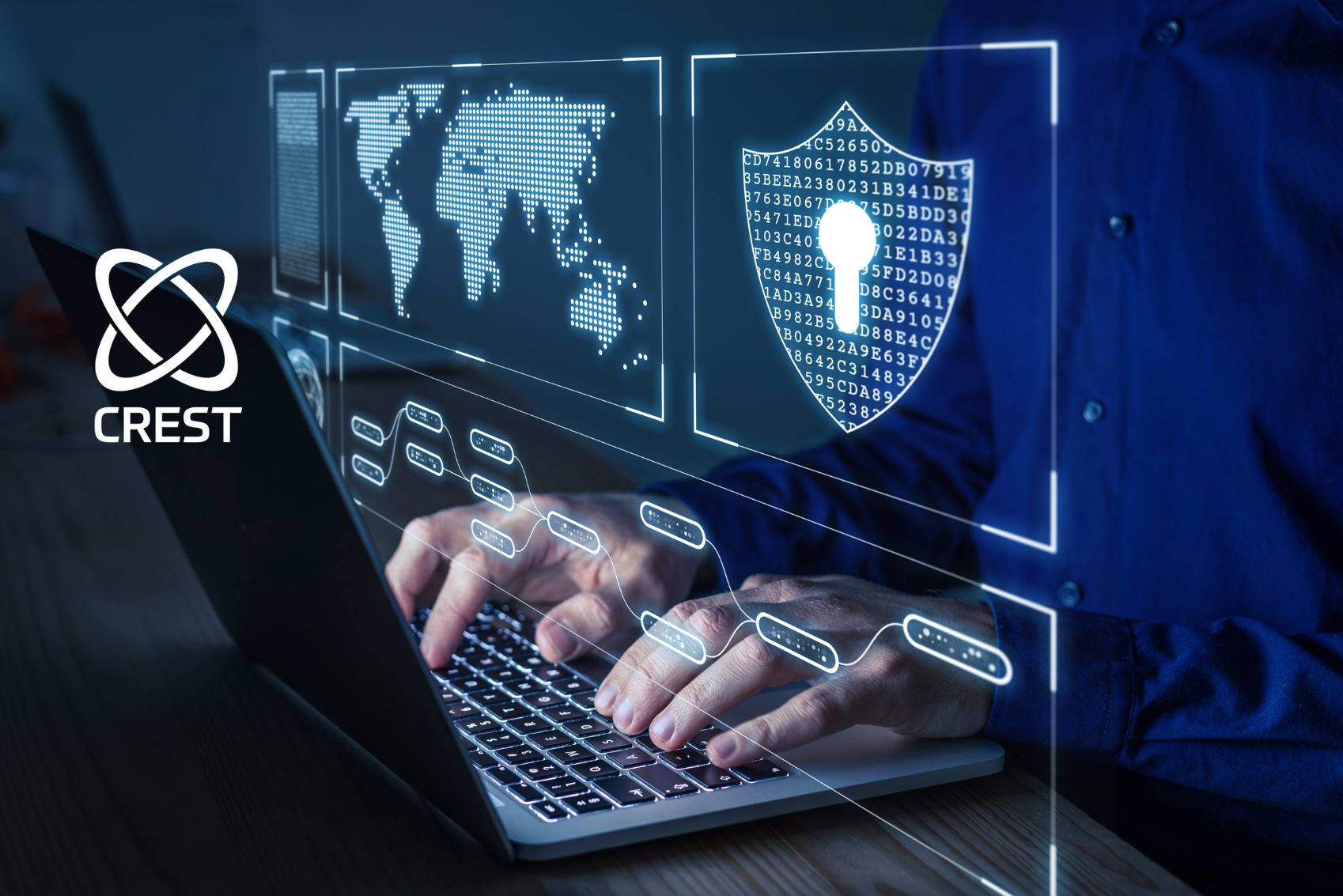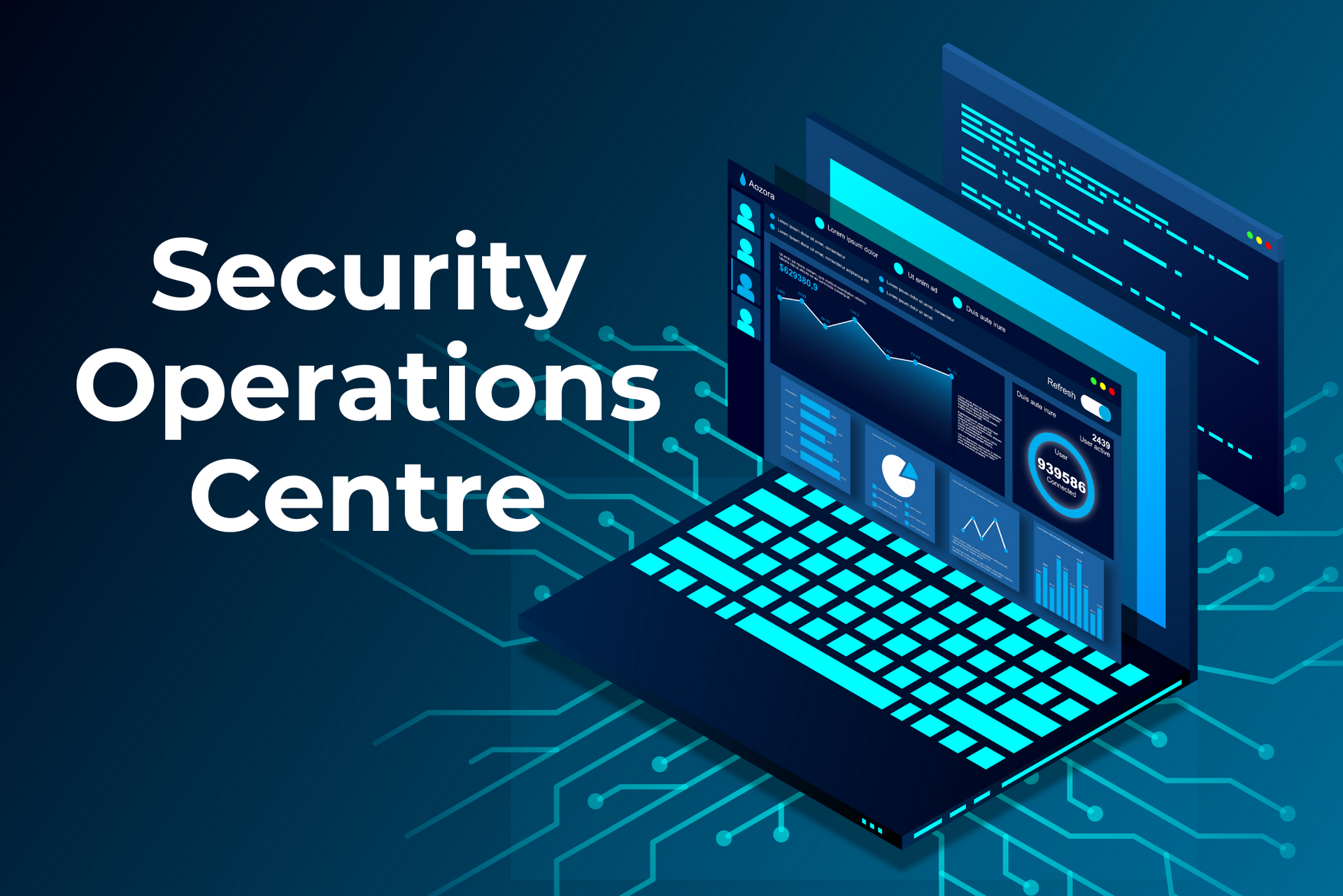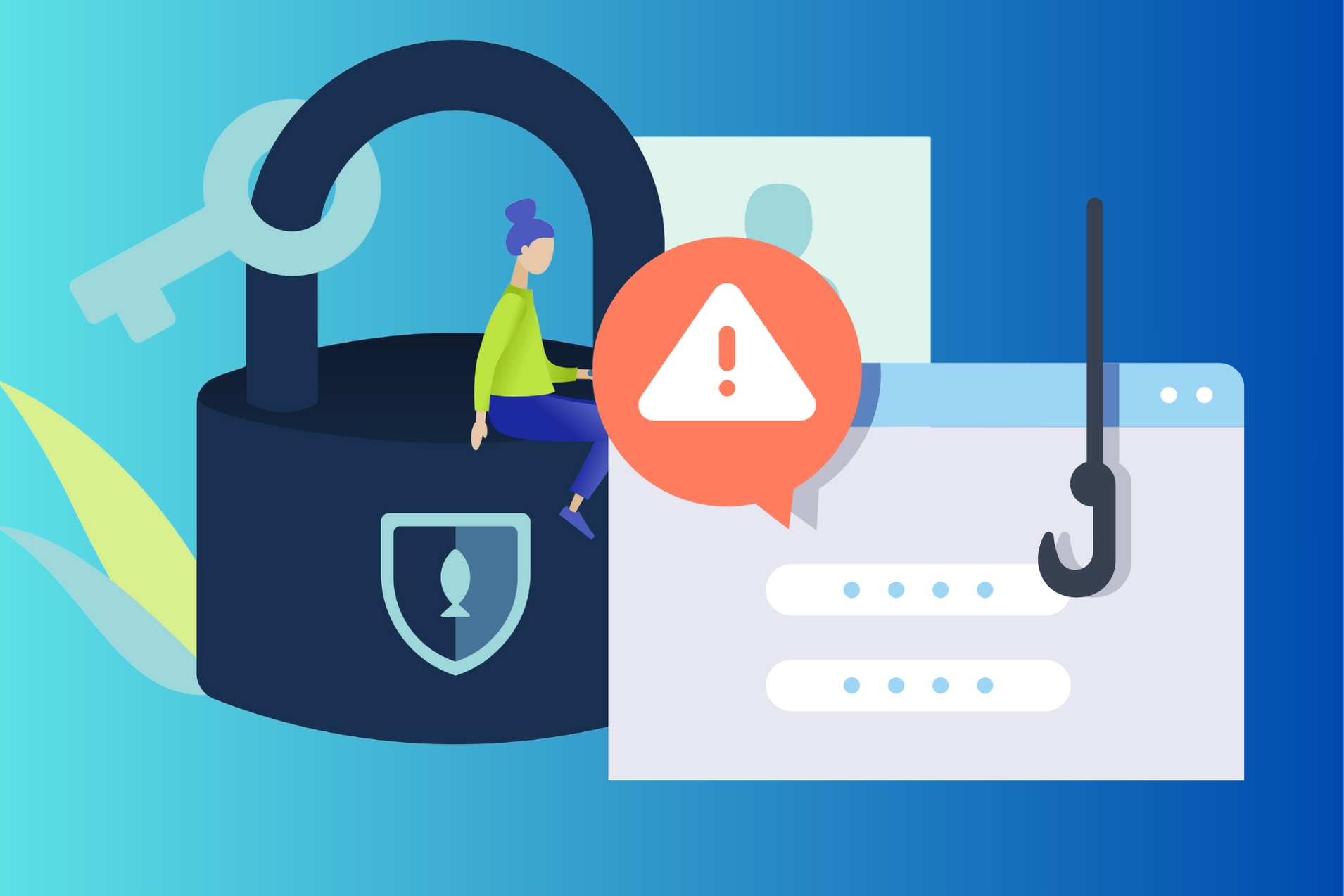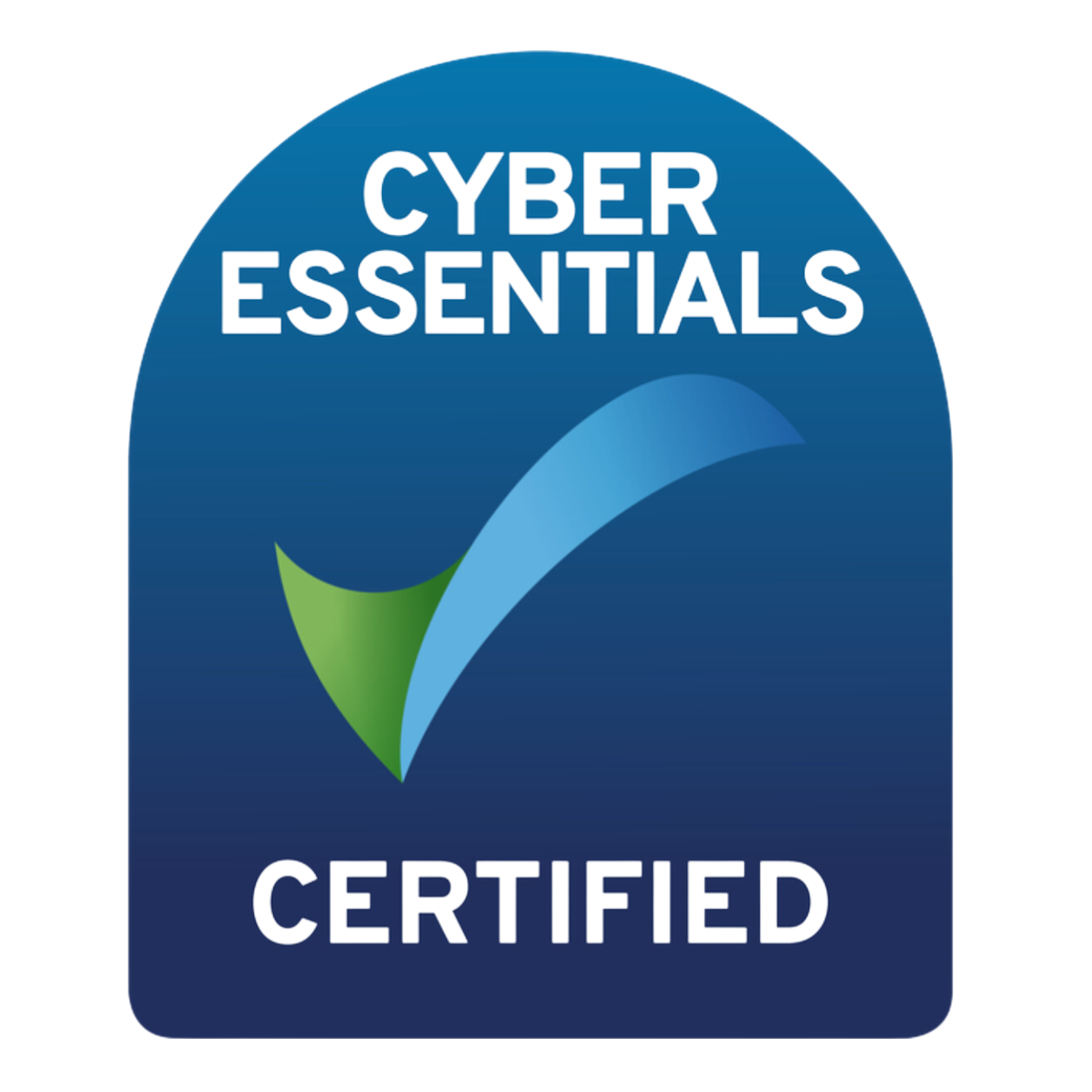7 Reasons Why MFA is Vital for Your Security in 2024
What is Multi-Factor Authentication (MFA)?
Before diving into the reasons MFA is crucial, let’s briefly define it. MFA is a security method that requires two or more verification factors to access an account or system. These factors generally fall into three categories:
- Something you know (a password or PIN)
- Something you have (a phone or security token)
- Something you are (biometric verification like fingerprint or face recognition)
By requiring multiple forms of identification, MFA significantly reduces the risk of unauthorised access, even if a password is compromised.
1. Passwords Alone Are Not Enough
The growing risk of password breaches is a primary reason MFA is essential in 2024. Passwords, despite being widely used, are inherently flawed as a security measure. Here’s why:
- Weak passwords: Many users opt for easily guessable passwords or reuse the same password across multiple accounts, making them vulnerable to brute-force attacks or credential stuffing.
- Password leaks: Data breaches expose millions of credentials each year. Once leaked, these passwords can be sold on the dark web or used by hackers to access various accounts.
MFA offers a much-needed layer of security, reducing the dependency on passwords by requiring additional steps to verify your identity.
Example: If your password is stolen in a data breach, the hacker still won’t be able to access your account without the second verification factor, like a one-time code sent to your phone.
2. Protects Against Phishing Attacks
Phishing attacks have become increasingly sophisticated. Cybercriminals impersonate legitimate services or individuals, tricking users into revealing their passwords or other sensitive information. Even tech-savvy individuals can fall for these deceptive schemes.
How MFA counters phishing:
- If an attacker obtains your password through phishing, MFA prevents them from logging in without access to the second authentication factor.
- Advanced MFA methods like biometric authentication or app-based verification further protect against phishing, as they rely on something physical (like your fingerprint) or dynamic (like a time-sensitive code).
Example: A hacker may trick you into entering your password on a fake website, but without the second authentication factor (like a fingerprint or a one-time code), they won’t be able to complete the login process.
Our partner, Phriendly Phishing, has produced a video on How MFA can impact your life and protect your loved ones. Click here to watch it.
3. Secures Remote Work and Cloud Applications
The rise of remote work and cloud computing has expanded the need for enhanced security measures. Employees frequently access sensitive company information from home or public networks, creating vulnerabilities that cybercriminals can exploit.
MFA provides robust protection for these remote environments:
- It secures access to cloud applications like Google Workspace, Microsoft 365, and Slack, ensuring that even if credentials are compromised, unauthorised individuals cannot gain access.
- MFA safeguards virtual private networks (VPNs) and remote desktop connections, which are critical for employees working outside the office.
Example: An employee working from a coffee shop on public Wi-Fi can add an extra layer of security by using MFA, preventing hackers on the same network from hijacking their session.
4. Compliance with Industry Regulations
Many industries are now mandating MFA to comply with regulations and standards for data protection. Failing to implement MFA could lead to severe legal and financial consequences, especially in sectors that handle sensitive data, such as healthcare, finance, and government.
Key regulations requiring MFA:
- The General Data Protection Regulation (GDPR) in the EU requires organizations to take adequate measures to protect personal data, which often includes MFA.
- In the United States, the Health Insurance Portability and Accountability Act (HIPAA) recommends the use of MFA to protect patient information.
- The Payment Card Industry Data Security Standard (PCI DSS) mandates MFA for systems that handle payment card data.
By implementing MFA, organizations can meet regulatory requirements, avoid fines, and protect their reputation.
Example: A healthcare provider subject to HIPAA may face penalties for a data breach, but if MFA is in place, it provides an additional security layer to prevent unauthorized access to patient records.
5. Reduces the Risk of Identity Theft
Identity theft is a growing concern for both individuals and businesses. Cybercriminals can use stolen credentials to commit fraud, make unauthorised purchases, or even apply for loans under someone else's name. Once an identity is compromised, it can be difficult and time-consuming to recover.
MFA dramatically reduces the risk of identity theft by:
- Adding an extra step that makes it difficult for attackers to impersonate you.
- Requiring biometric factors, which are nearly impossible to replicate.
Example: If a hacker tries to steal your identity by accessing your online banking account, MFA would require them to have access to your phone or fingerprint, preventing unauthorised transactions.
6. Protects Financial Transactions
The financial sector is a prime target for cyberattacks due to the potential for large payouts. Banks, credit unions, and online payment platforms are constantly under threat from hackers seeking to steal funds or sensitive financial information.
MFA is critical for securing financial accounts:
- Banking apps and online payment systems like PayPal or Venmo are often targeted by attackers. MFA adds an essential layer of protection, ensuring that even if login credentials are compromised, transactions cannot proceed without the second authentication factor.
- Credit card companies also use MFA to verify identity during online purchases, helping prevent fraudulent transactions.
Example: When making an online purchase, the payment platform may prompt you to verify your identity with a code sent to your phone, ensuring that the transaction is authorised by the account owner.
7. Enhances Trust and Customer Confidence
As businesses continue to face high-profile data breaches, customers are becoming more aware of online security risks. Implementing MFA not only protects your systems but also sends a clear message to customers that you take their security seriously.
How MFA enhances trust:
- Companies that implement MFA show they are proactive in protecting user data, which can improve customer loyalty and brand reputation.
- Customers may feel more confident conducting business with a company that offers MFA, knowing their personal and financial information is well-protected.
Example: An e-commerce site offering MFA to secure user accounts can differentiate itself from competitors, as customers will appreciate the added protection for their payment and personal information.
Best Practices for Implementing MFA in 2024
As we embrace 2024, MFA continues to evolve with new technologies and best practices. Here are a few tips to implement MFA effectively:
- Use app-based authentication (such as Google Authenticator or Microsoft Authenticator) rather than relying solely on SMS-based codes, which can be vulnerable to SIM-swapping attacks.
- Enable MFA for all critical applications, including email accounts, financial services, and work-related apps.
- Educate employees and users about MFA and encourage them to set up additional factors for their accounts.
- Choose multi-factor methods that suit your needs. For high-security environments, consider biometric authentication, hardware tokens (like YubiKey), or time-based one-time passwords (TOTP).
- Regularly review and update your MFA policies to ensure they are keeping pace with the latest security threats.
The Future of Security with MFA
In 2024, MFA is a critical defense mechanism against the ever-evolving threats posed by cybercriminals. By reducing reliance on passwords, protecting against phishing, securing remote work, and complying with regulations, MFA provides a robust and comprehensive security solution.
While no security measure is 100% foolproof, MFA dramatically decreases the chances of unauthorised access and identity theft, making it a must-have for individuals and businesses alike. Whether you’re securing personal accounts, protecting corporate assets, or ensuring compliance, implementing MFA is one of the most effective ways to stay safe in today’s digital world.
FAQs
1. What is MFA, and how does it work?
Multi-Factor Authentication (MFA) requires users to provide two or more verification methods before accessing an account or system, such as a password and a one-time code.
2. Can MFA stop phishing attacks?
Yes, MFA can prevent phishing attacks by requiring additional authentication methods, making it difficult for attackers to access accounts even with stolen credentials.
3. Is SMS-based MFA safe?
While better than no MFA, SMS-based authentication is vulnerable to SIM-swapping attacks. App-based or biometric MFA is more secure.
4. Why is MFA important for remote work?
MFA adds an extra layer of protection for remote workers, securing access to cloud applications, VPNs, and sensitive corporate information.
5. Is MFA required by law?
In many industries, yes. Regulations like GDPR, HIPAA, and PCI DSS mandate MFA for protecting sensitive data.
6. What are the most secure MFA methods?
The most secure MFA methods include biometric authentication, hardware security tokens, and app-based verification like Google Authenticator.
To learn more about how MFA can improve protection for your users and your business, get in touch with us today.
